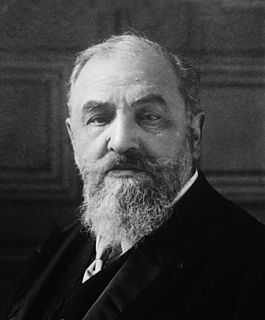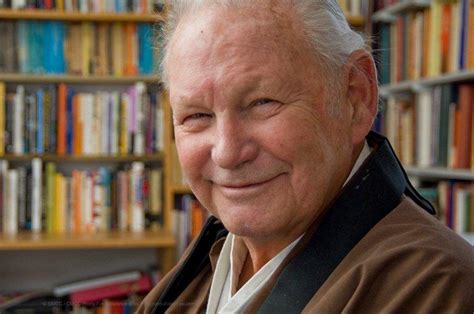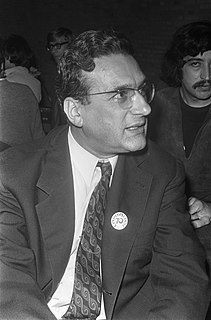A Quote by Edgar Schein
Culture is the deeper level of basic assumptions and beliefs that are shared by members of an organization, that operate unconsciously and define in a basic 'taken for granted' fashion an organization's view of its self and its environment.
Related Quotes
A company is a multidimensional system capable of growth, expansion, and self-regulation. It is, therefore, not a thing but a set of interacting forces. Any theory of organization must be capable of reflecting a company's many facets, its dynamism, and its basic orderliness. When company organization is reviewed, or when reorganizing a company, it must be loked upon as a whole, as a total system.
Confidence is not just in people's heads; it comes from the culture of the organization. It's easier to expect success when working in an organization that has a culture of accountability, collaboration, and initiative. Without this, it's easier - and more self-protective - to assume failure so the person is not disappointed and instead pleasantly surprised.
Through that organization [Community Service Organization], I met Cesar Chavez. We had this common interest about farm workers. We ultimately left CSO to start the National Farm Workers Organization, which became the United Farm Workers. I was very blessed to have learned some of the skills of basic grassroots organizing from Mr. Ross and then be able to put that into practice in both CSO and the United Farm Workers.
Truly human leadership protects an organization from the internal rivalries that can shatter a culture. When we have to protect ourselves from each other, the whole organization suffers. But when trust and cooperation thrive internally, we pull together and the organization grows stronger as a result.
One way Great Teams can share their visions is by creatively laying out their plans and visions, creating a road map for its members to follow. A Great Team outlines expectations for all members of an organization and for the organization as a whole. This clear-cut set of objectives - a road map - enables the organization to set benchmarks and goals and ultimately to lay the foundation for its own success.
A pattern of shared basic assumptions invented, discovered, or developed by a given group as it learns to cope with its problems of external adaptation and internal integration that have worked well enough to be considered valid and therefore, to be taught to new members as the correct way to perceive, think and feel in relation to those problems.
Leaders who understand the importance of the intangible elements contributing to workplace culture become sensitive to what makes their organization truly special. That is how they define core values and beliefs that are unique, simple, leader-led, repetitive, and embedded - transforming themselves from good to exceptional.































